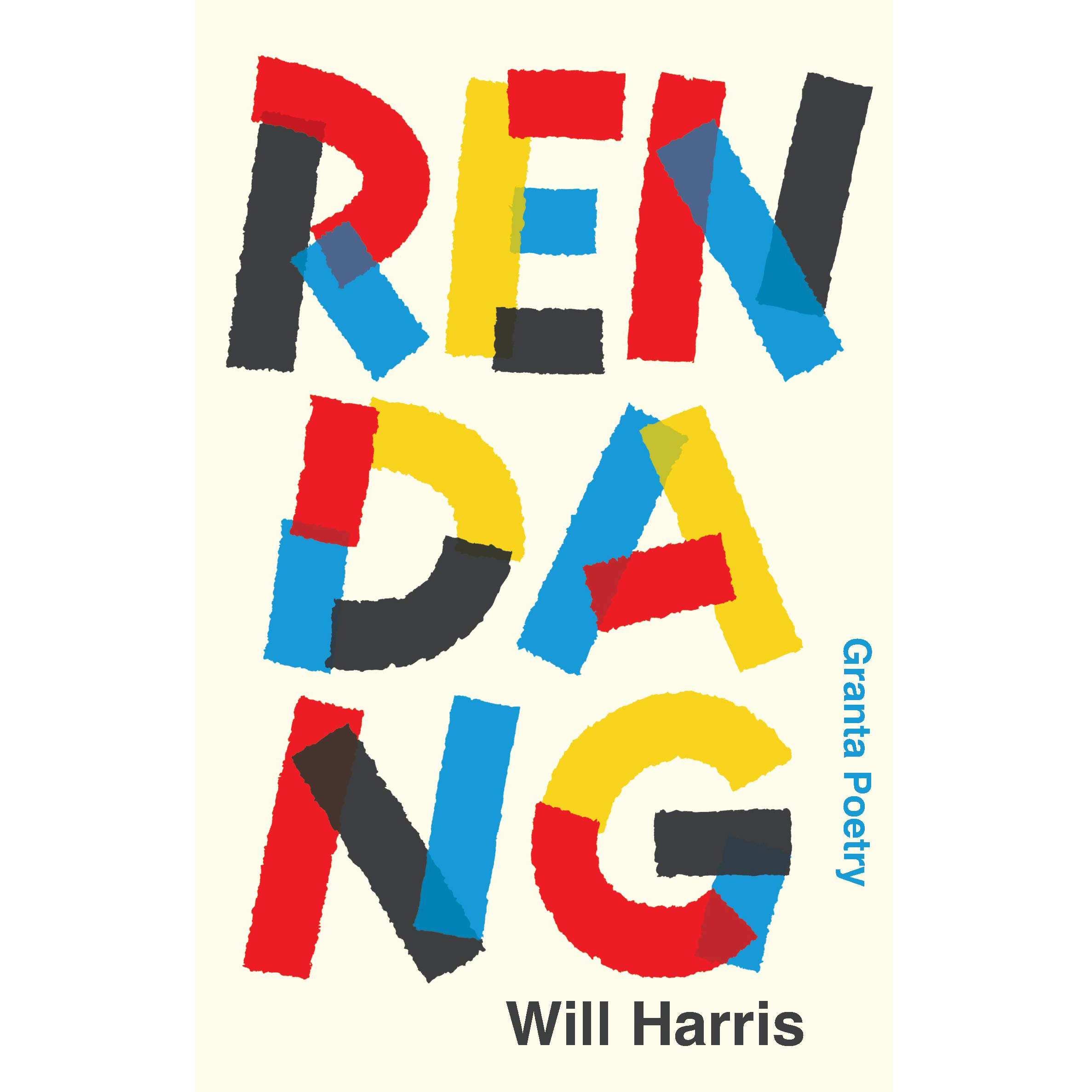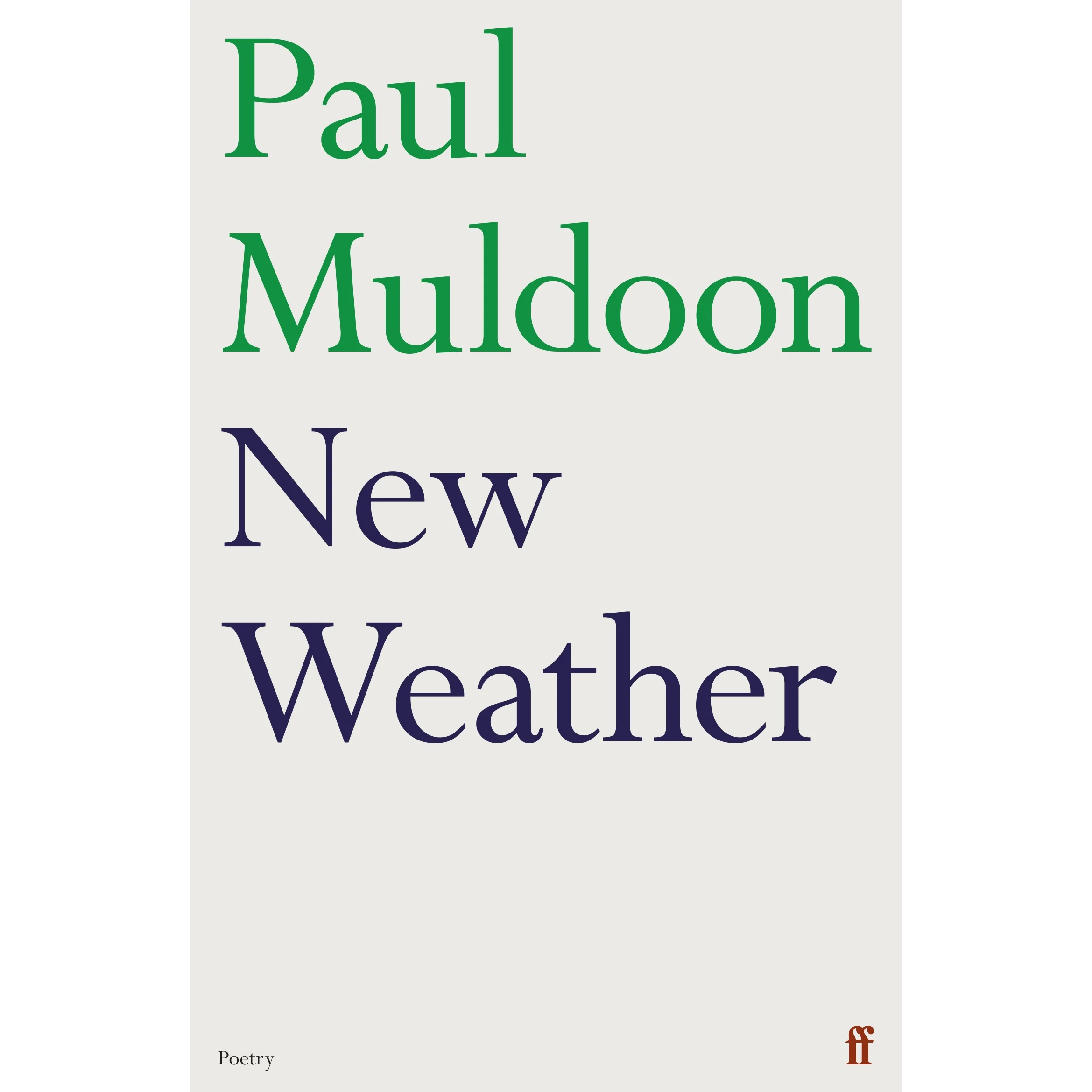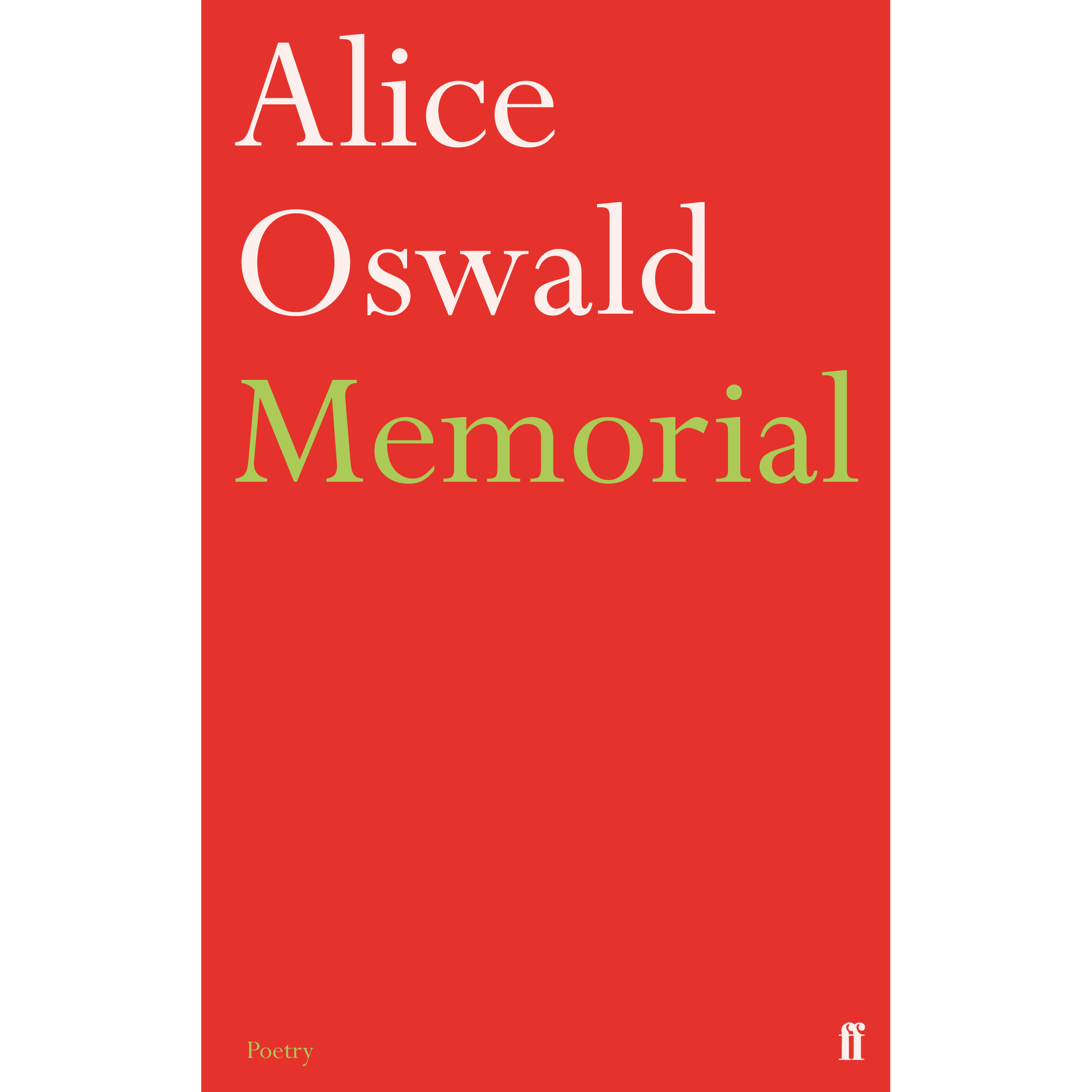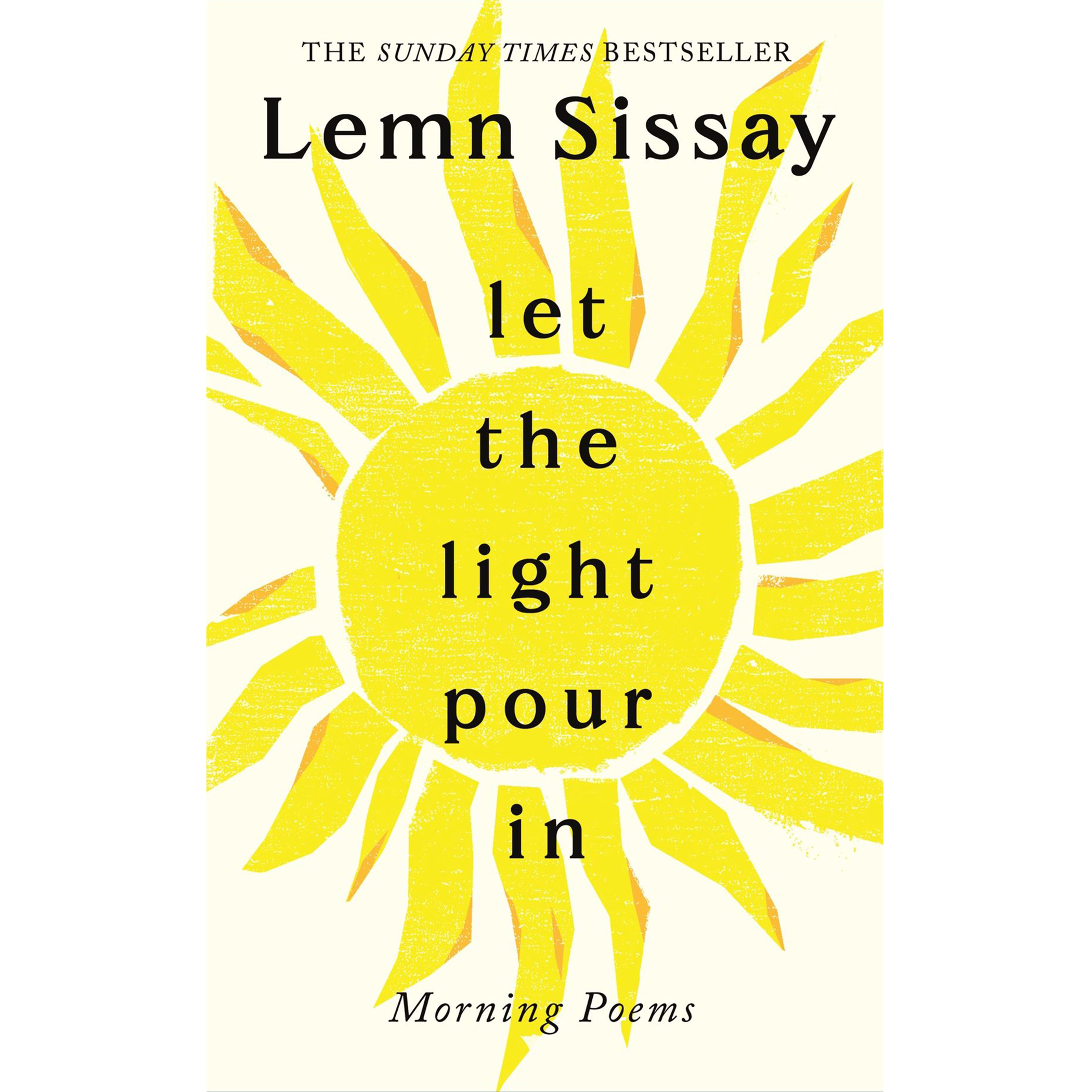RENDANG
RENDANG | By Will Harris
In RENDANG, Will Harris complicates and experiments with the lyric in a way that urges it forward. With an unflinching yet generous eye, RENDANG is a collection that engages equally with the pain and promise of self-perception. Drawing on his Anglo-Indonesian heritage, Harris shows us new ways to think about the contradictions of identity and cultural memory. He creates companions that speak to us in multiple languages; they sit next to us on the bus, walk with us through the crowd and talk to us while we’re chopping shallots. They deftly ask us to consider how and what we look at, as well as what we don’t look at and why.
Playing eruditely with and querying structures of narrative, with his use of the long poem, images, ekphrasis, and ruptured forms, RENDANG is a startling new take on the self, and how an identity is constructed. It is intellectual and accessible, moving and experimental, and combines a linguistic innovation with a deep emotional rooting.
RENDANG | By Will Harris
In RENDANG, Will Harris complicates and experiments with the lyric in a way that urges it forward. With an unflinching yet generous eye, RENDANG is a collection that engages equally with the pain and promise of self-perception. Drawing on his Anglo-Indonesian heritage, Harris shows us new ways to think about the contradictions of identity and cultural memory. He creates companions that speak to us in multiple languages; they sit next to us on the bus, walk with us through the crowd and talk to us while we’re chopping shallots. They deftly ask us to consider how and what we look at, as well as what we don’t look at and why.
Playing eruditely with and querying structures of narrative, with his use of the long poem, images, ekphrasis, and ruptured forms, RENDANG is a startling new take on the self, and how an identity is constructed. It is intellectual and accessible, moving and experimental, and combines a linguistic innovation with a deep emotional rooting.
RENDANG | By Will Harris
In RENDANG, Will Harris complicates and experiments with the lyric in a way that urges it forward. With an unflinching yet generous eye, RENDANG is a collection that engages equally with the pain and promise of self-perception. Drawing on his Anglo-Indonesian heritage, Harris shows us new ways to think about the contradictions of identity and cultural memory. He creates companions that speak to us in multiple languages; they sit next to us on the bus, walk with us through the crowd and talk to us while we’re chopping shallots. They deftly ask us to consider how and what we look at, as well as what we don’t look at and why.
Playing eruditely with and querying structures of narrative, with his use of the long poem, images, ekphrasis, and ruptured forms, RENDANG is a startling new take on the self, and how an identity is constructed. It is intellectual and accessible, moving and experimental, and combines a linguistic innovation with a deep emotional rooting.






